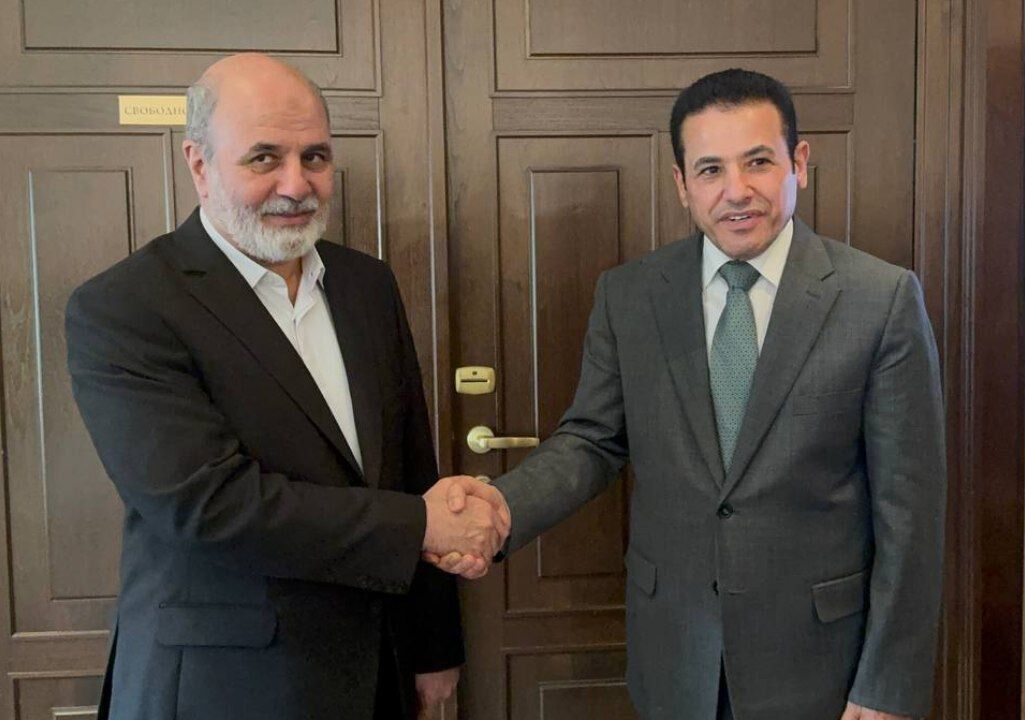
Similar Posts
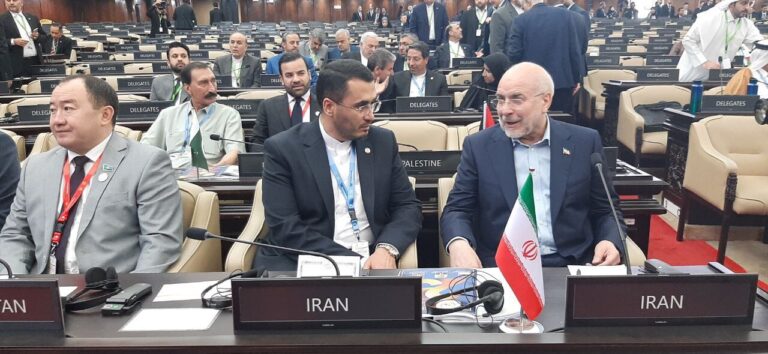
Iran Joins Global Leaders at PUIC Conference in Indonesia: A New Era of Collaboration Begins
The 19th Conference of the Parliamentary Union of the Organization of Islamic Cooperation Member States (PUIC) is underway in Jakarta, Indonesia, from May 12 to 15, gathering delegates from 38 Islamic nations. Under the theme “Good Governance and Strong Institutions as Pillars of Resilience,” the event focuses on political, economic, cultural issues, women’s and family affairs, and the Palestine situation. Iranian Parliament Speaker Mohammad-Baqer Qalibaf leads the Iranian delegation, engaging in discussions and delivering speeches. The conference serves as a crucial platform for dialogue, collaboration, and strengthening ties among member states to address pressing global challenges.
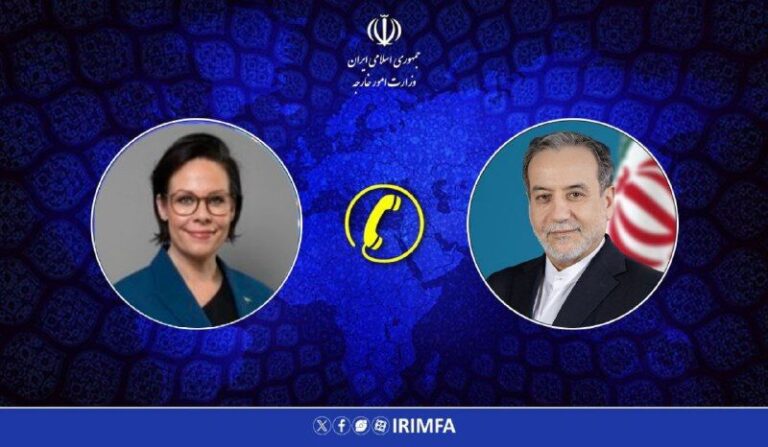
Araqchi Decries Attack on Iran’s Embassy in Stockholm: A Call for Diplomatic Protection
Iranian Foreign Minister Abbas Araqchi condemned the recent attack on the Iranian embassy in Stockholm, emphasizing the importance of diplomatic safety. In a call with Swedish Foreign Minister Maria Malmer Stenergard, he urged swift action against those responsible and called for improved cooperation and consultations to resolve misunderstandings. The attack, which occurred on April 30, involved an individual attempting to set the embassy on fire, causing damage but no injuries. Stenergard reaffirmed Sweden’s commitment to protecting diplomatic missions and promised necessary security measures for the Iranian embassy, highlighting the need for enhanced global embassy security.
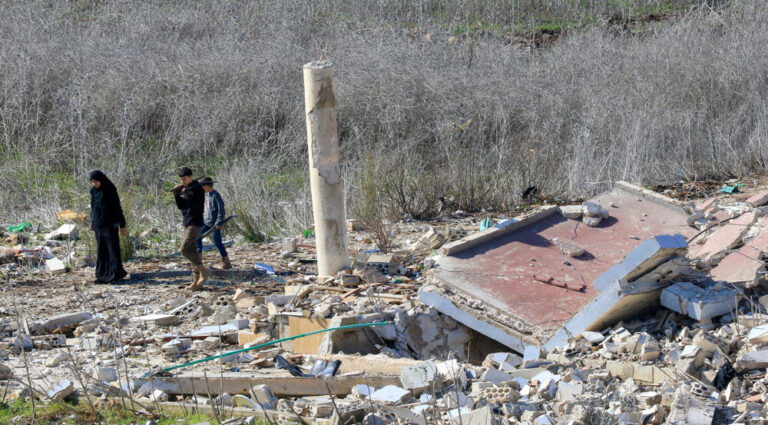
Israel’s Ceasefire Breach: A Stark Illustration of War Crimes
Iranian spokesperson Baghaei accused Israel of violating the ceasefire agreement with Lebanon over the past 60 days, highlighting a recent assault on civilians that resulted in at least 22 deaths, including nine children. He described these actions as war crimes and held the U.S. and France accountable for their roles as guarantors of the agreement. The ceasefire, initially signed on November 27, 2024, has been extended until February 18, 2025, amidst ongoing Israeli military presence in southern Lebanon. Baghaei reaffirmed Iran’s support for the Lebanese resistance and called for international intervention to address the violence and uphold justice.
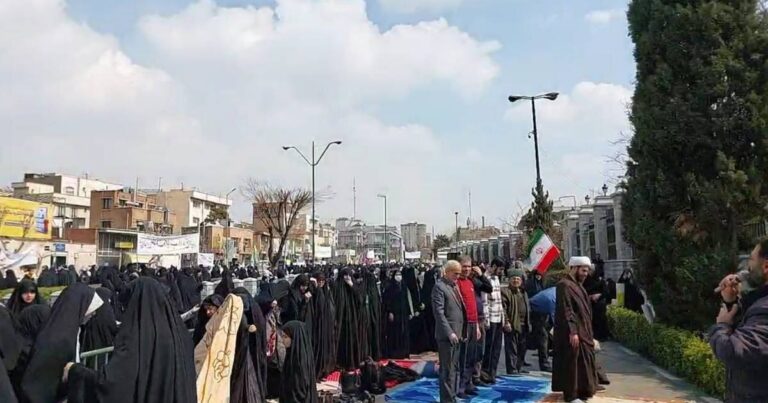
Bold ‘Super-Revolutionaries’ Take a Stand Against Khamenei’s Hijab Mandate
Iranian conservatives have intensified calls for a new, strict hijab law, which has faced delays and sparked significant debate. Supreme Leader Ali Khamenei avoided discussing the issue during a recent speech, leading to tension with hardline lawmakers. The proposed legislation includes severe penalties for women and businesses non-compliant with hijab requirements, raising fears of protests. Some ultra-hardliner lawmakers have distanced themselves from radical elements, expressing concern over societal divisions. Meanwhile, vigilante groups have organized protests, criticizing Khamenei and demanding enforcement of the law. The situation remains tense as the government navigates pressures from these factions and civil society reactions.
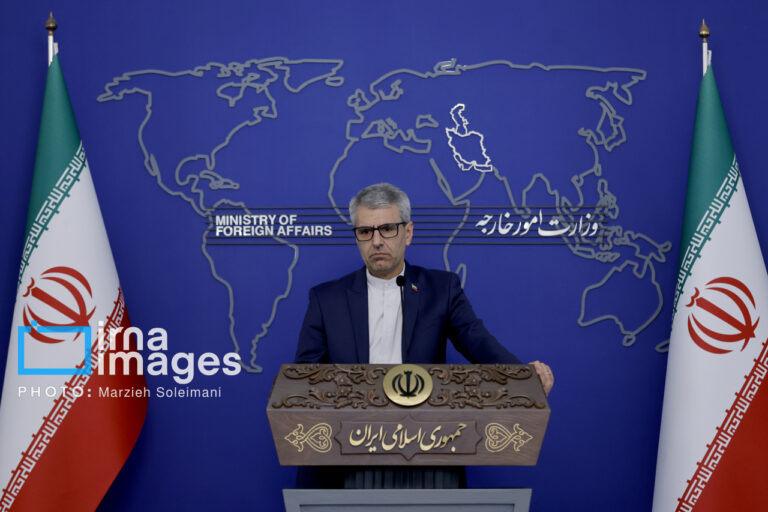
Iran’s Foreign Ministry: New Sanctions Challenge U.S. Negotiation Commitment
Recent U.S. sanctions against Iran have raised concerns about American credibility in nuclear negotiations. Iranian Foreign Ministry spokesperson Esmaeil Baqaei criticized the sanctions as unjust and indicative of U.S. bad faith, stating they undermine diplomatic efforts. He labeled the sanctions as arbitrary, illegal, and a violation of human rights, emphasizing that they contravene international law and the United Nations Charter. Baqaei argued that using sanctions as political pressure against developing nations violates free trade principles and the right to development. The U.S. Treasury recently sanctioned Iranian entrepreneur Asadollah Emamjomeh, reigniting debates on the effectiveness and morality of these measures.
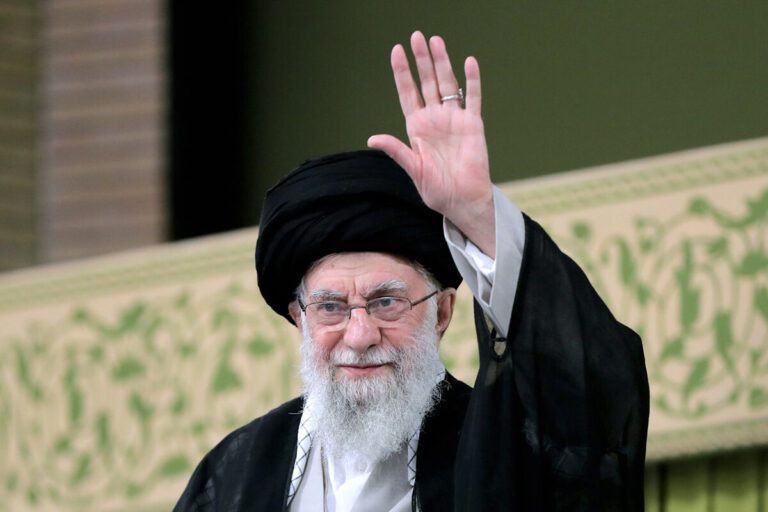
Endless Resistance: Ayatollah Khamenei’s Powerful Message to Hezbollah Leaders’ Mourners
During the funeral of Hezbollah leaders Sayyed Hassan Nasrallah and his successor Sayyed Hashem Safieddine in Beirut, a message from Ayatollah Seyyed Ali Khamenei emphasized their legacy of resistance against oppression. Khamenei praised Nasrallah as a “great mujahid” whose spirit would inspire future generations. He reaffirmed the commitment to resist oppression until ultimate victory is achieved. Following Nasrallah’s assassination in an Israeli airstrike last September and Safieddine’s subsequent appointment and killing, Khamenei’s delegation attended the ceremony, underscoring the significance of their leadership in the region’s resistance narrative.